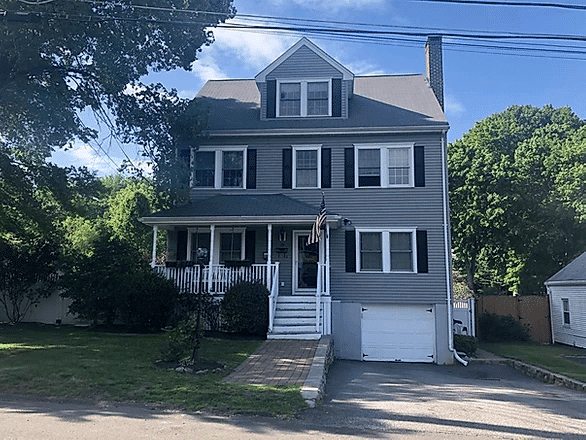If you or someone you love is struggling with substance abuse issues, don’t lose hope. Even if one or two methods for ending addiction have been unsuccessful, there are many other viable options available. The key is to continue to work to attain and maintain sobriety. Thousands of people find effective addiction treatment programs and therapies every day. Some find success with traditional treatment modalities while other use complementary and alternative therapies to get and remain sober. The following is a list of some excellent addiction treatment methods.
Types of Addiction Treatment Programs
No matter the substance to which you are addicted or whether you have multi-drug addictions or co-occurring mental health conditions, support is available to help you regain and maintain sobriety. This is a comprehensive list of treatment types for you to consider. Consistently using one or more of them can free you from the clutches of drug addiction.
Detox
This is the first step in ending drug addiction. Detox is a structured series of steps over a set period of time during which patients are monitored and given medication if necessary to help them go through the process of drug withdrawal and getting the drugs out of their systems.
Contingency Management
This type of treatment for drug addiction uses incentives and rewards to encourage patients to remain sober and adhere to other positive behaviors. Rewards are withheld when the patient engages in undesirable behaviors.
Cognitive Behavior Therapy
This type of addiction therapy works to help manage addiction by gaining an understanding of the way in which thoughts influence the patient’s emotions and behavior. CBT works to end addiction by changing the underlying thought patterns driving the undesirable behaviors.
Complementary And Alternative Medicine
This includes the use of acupuncture, animal-assisted therapy, biofeedback, exercise, massage, nutrition and yoga to help reduce cravings and manage stress to facilitate recovery and provide additional treatment benefits.
Animal-assisted therapy
This type of therapy involves exposing the patient to and involving them in the care of animals. Working with animals can help improve mental health, promote empathy, strengthen the patient’s connection to others and strengthen and empower patients to fight the pull of drugs. Animal-assisted therapy helps patients reduce feelings of depression and isolation and maintain long-term sobriety.
Dialectical Behavior Therapy
This form of addiction treatment helps patients accept difficult thoughts, behaviors and emotions and focus on their strengths and validations. It helps patients find a balance related to acceptance of their past and taking the steps necessary to change their behavior using the concepts taught in the therapeutic environment.
Family Therapy
This is a group of therapeutic approaches which use the strengths of the patient’s family and their resources to help reduce the harm patient’s addiction has caused to their family and help the user to find the support they need to live without drugs.
Group Therapy
Guided by a trained professional, this treatment method provides beneficial support from a group of peers who share their experiences and offer feedback on staying sober by recognizing and managing triggers in their daily lives.
Harm Reduction Model
This focuses on using harm reduction techniques to reduce risky behavior like needle sharing, dangerous sexual practices and using excessive amounts of drugs. Slowly reducing drug consumption, promoting condom use, introducing users to needle exchange programs and teaching about alternatives to driving after substance use is the goal of this type of therapy.
Individual Therapy
This therapeutic process often begins by identifying the problems which led to substance abuse. It includes working with the user to identify their goals and teaching them the process to help them overcome their addiction and make consistent steps towards lasting recovery and sobriety.
Inpatient Addiction Treatment
This requires the user to live in a treatment facility where they can receive medical, professional and peer support in a therapeutic environment. Part of the reason inpatient treatment is the most effective method is because it removes the user from the environment where there are temptations, triggers and enablers that can derail even the most earnest attempt at rehabilitation.
Outpatient Addiction Treatment
This treatment method entails receiving daily treatment at a rehab facility or clinic then returning home or to some other type of living arrangement during the hours when not receiving treatment.
Aftercare
A comprehensive plan was collaboratively developed by the rehabilitation facility staff and the patient. It includes outpatient treatment, vocational-oriented services, self-help meetings and a plan and tools for sober living. It also includes periodic reassessment, adjustments and private therapy as needed.


